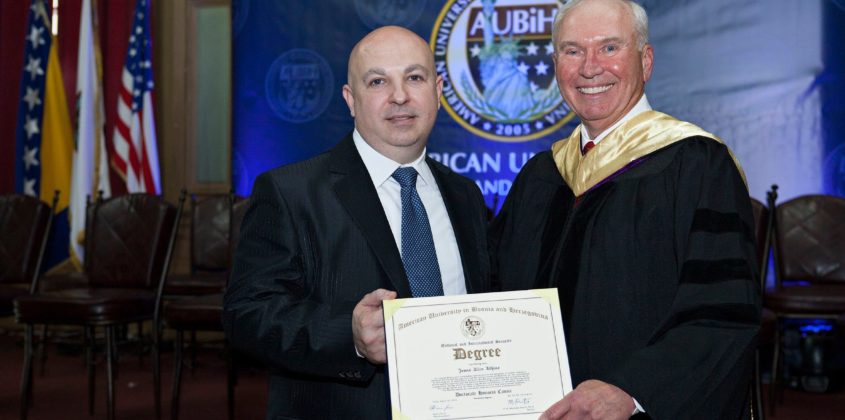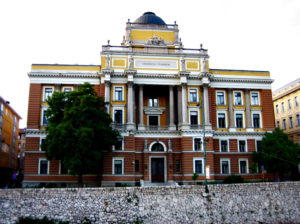Discussing Bosnia And Herzegovina’s Dirty Diplomas


Bosnia and Herzegovina is already facing rippling economic and social problems. Adding a crumbling higher education system to the picture further compromises the country’s future. It is possible to get a diploma in Bosnia and Herzegovina if you can pay the price.
There is a growing market in Bosnia for private universities as well as peddling of exams and thesis. The education industry in Bosnia is highly lucrative. In fact, opening a private college is more profitable than building a factory – when you consider the cost of raw material like grain on the open market. Reacting to the deplorable state of education in the country, Azra Nuhefendic said,
“I remember when, long ago, we used to laugh at a joke: a coach arrives in Banja Luka and the driver announces that, during the half-an-hour stop, “passengers can go to the bathroom, have a drink, or get a degree.”
Source: Osservatorio Balcani Caucaso

The data emerging from the State Statistical Office shows that Bosnia and Herzegovina has over 110,000 students. The country of about 3.6 million inhabitants has the largest number of higher education institutions in the Western Balkan region – 36 private against 10 public higher education institutions.
The rot in the education sector and corruption has a significant impact in the continued stagnation of the country’s economy sector. For example, the town of Bijeljina with about 110,000 inhabitants has 10 different universities for those seeking for a degree in economics.
Fake examination and fake diploma business in Bosnia transcends ethnic and religious boundaries. The neighboring Macedonia, Serbia, Croatia, and Montenegro further complicate the problem. Republika Srpska’s Education Union president, Stevan Milic, has lamented that trading of diploma between Serbia and Republika Srpska is no longer a secret such that regular higher education has lost its relevance.

The problem has made it difficult to associate the growing number of higher institutions to improvement in the level of general education. A recent census revealed that 2.82 percent of Bosnian population, approximately 90,000 people, cannot read or write.
There are few countries in Europe without a national education ministry – and Bosnia happens to be one of them. What this means is that there is no set criteria for fielding a private institution. Likewise, there are no agencies to certify or verify if an institution meets the minimum standards. Until a ministry of education is created, little can be done to salvage the situation.
